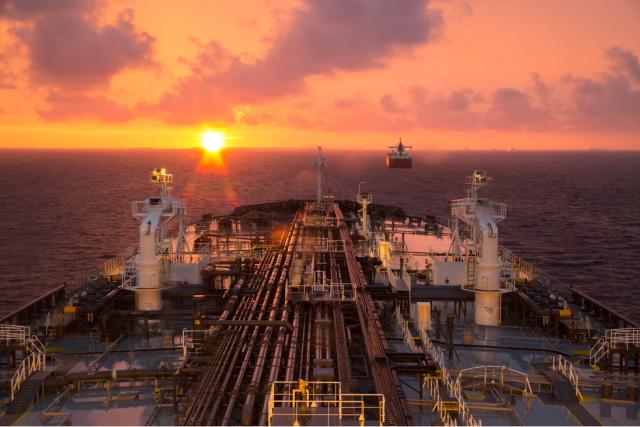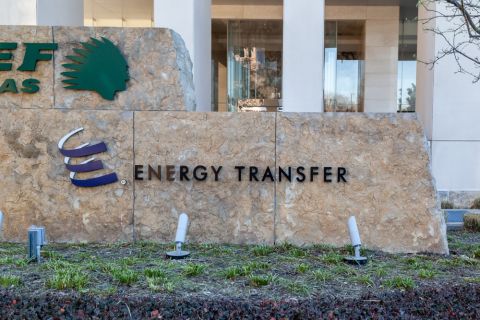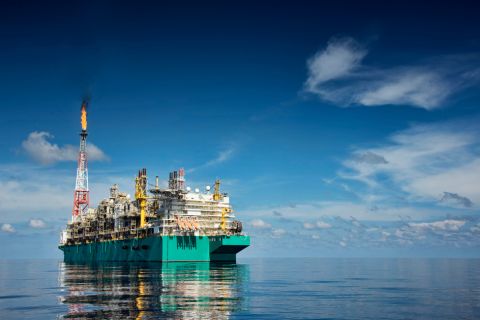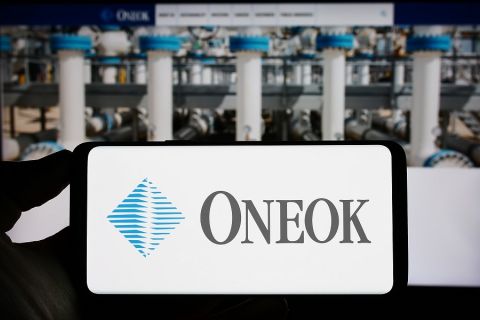
The world’s oil tankers risk losing almost a third of their value should a shift away from fossil fuels gain momentum in the coming decades, a new report has warned.
The $160 billion tanker market is “most exposed” to a low carbon energy system given that it is dependent on fossil fuels with few alternative cargos available, according to Maritime Strategies International, a shipping industry research group.
Pressure on oil and gas companies has ramped up concerns in recent years about so-called “stranded assets”— hydrocarbon reserves that may be left in the ground as they have been rendered uneconomic by measures to tackle climate change.
Attention is now turning to the implications for the corner of the shipping world that facilitates the global trade of oil and other fossil fuels. “Shipowners and people that finance these ships could see their market is sinking,” said Stuart Nicoll, a director at Maritime Strategies. “This just hasn’t had any attention.”
Under the most extreme fall in the use of hydrocarbons modeled by Maritime Strategies, total seaborne trade in oil, coal and LNG tumbles from a peak of about 5.5 billion tonnes in the early 2020s to about 3.7 billion tonnes by 2045.
In that scenario, demand for oil tankers falls from 2025, shrinking the fleet by 30% and shaving earnings for a 2 MMbbl oil tanker by about a third compared to historic levels. This would also erode the value of the global tanker fleet, with the report predicting a drop from $160 billion in 2018 to about $114 billion by 2045.
The shipping industry has suffered periods of weak demand, but a sustained drop would be unprecedented.
Although the sector has been grappling with its own fuel choices, amid a push to clean up the industry, it has not been forced to evaluate the potential effect of measures to tackle climate change on cargo volumes and the value of its vessels. Big owners of oil tankers include New York-listed Frontline, Bermuda-based DHT Holdings and Belgium headquartered Euronav.
Governments that signed up to the Paris climate accord have been trying to limit temperature rises to “well below” 2 C above preindustrial levels.
Although the world remains far from this goal—and global consumption of oil remains robust—the banks and other financiers who back the shipping industry could be hit by twin pressures should a shift towards cleaner fuels accelerate.
Weaker earnings would be unable to cover debt repayments, while falling life expectancy [for the vessels] reduces the “runway” to recover the loan before the ship is scrapped.
A newly built oil tanker that can carry 2 MMbbl and costs about $92 million today will typically lose about 50 % of its value over the next decade, according to the report. But, in the most drastic forecast from Maritime Strategies, that could rise to 75%.
Oil, coal and LNG make up just over 40% of annual seaborne trade. Oil is the single biggest segment, making up almost 28%, with few alternative uses for the tankers that carry the commodity.
Even though coal is expected to see the largest drop in demand, the bulk carrier shipping segment is protected because of substitute commodities such as iron ore, grains and metals that can make use of the same vessels.
Recommended Reading
Venture Global Acquires Nine LNG-powered Vessels
2024-03-18 - Venture Global plans to deliver the vessels, which are currently under construction in South Korea, starting later this year.
Energy Transfer Asks FERC to Weigh in on Williams Gas Project
2024-04-08 - Energy Transfer's filing continues the dispute over Williams’ development of the Louisiana Energy Gateway.
Canada’s First FLNG Project Gets Underway
2024-04-12 - Black & Veatch and Samsung Heavy Industries have been given notice to proceed with a floating LNG facility near Kitimat, British Columbia, Canada.
Apollo Buys Out New Fortress Energy’s 20% Stake in LNG Firm Energos
2024-02-15 - New Fortress Energy will sell its 20% stake in Energos Infrastructure, created by the company and Apollo, but maintain charters with LNG vessels.
FERC Approves ONEOK Pipeline Segment Connecting Permian to Mexico
2024-02-16 - ONEOK’s Saguaro Connector Pipeline will transport U.S. gas to Mexico Pacific’s Saguaro LNG project.





